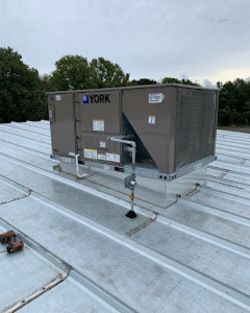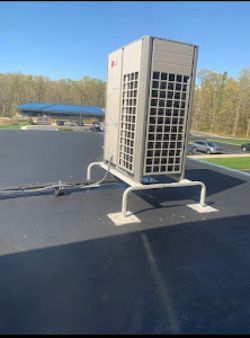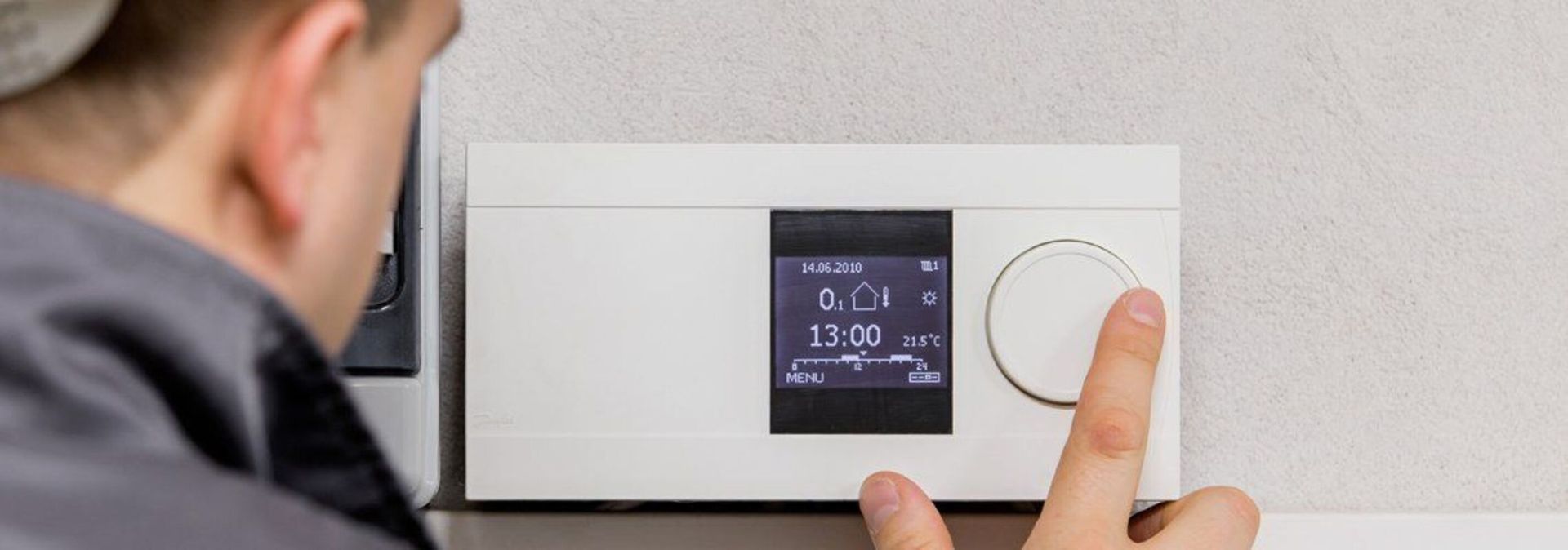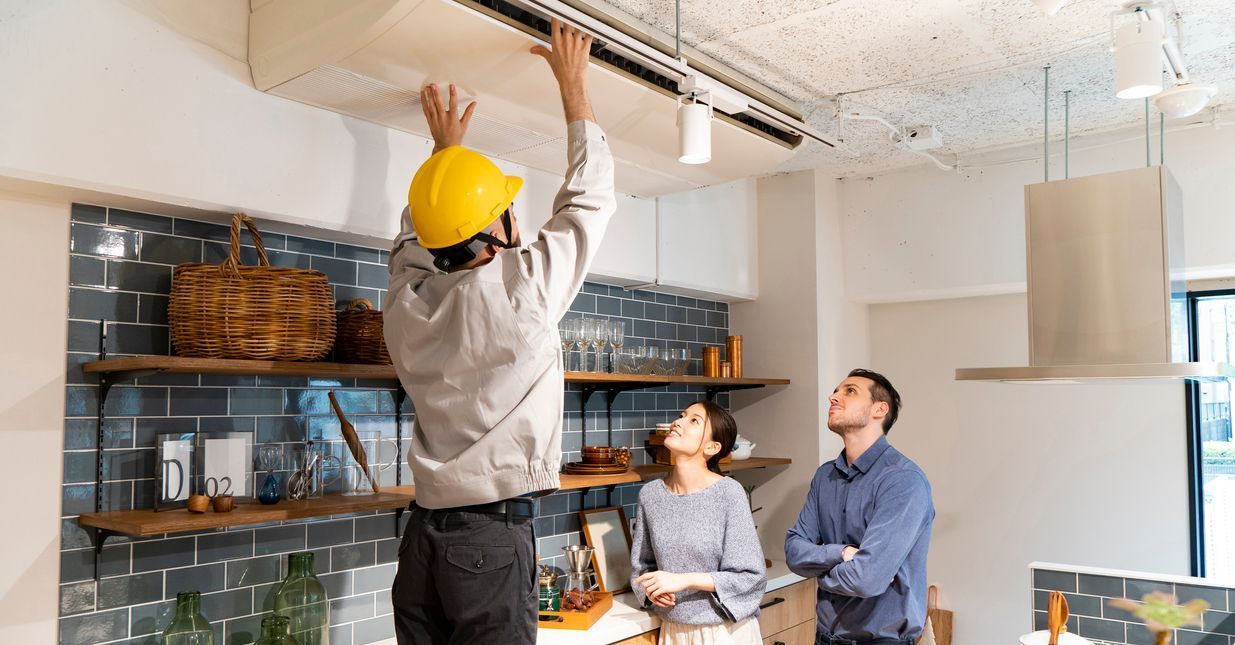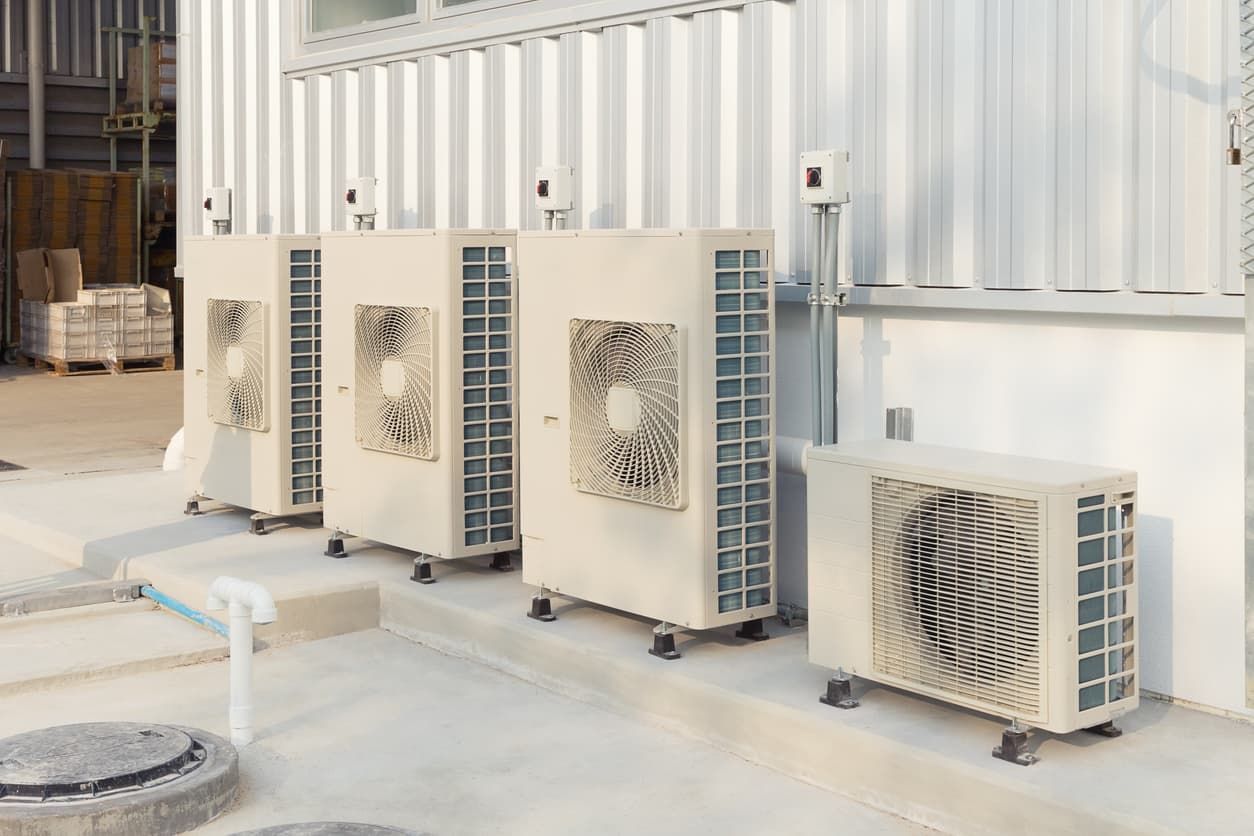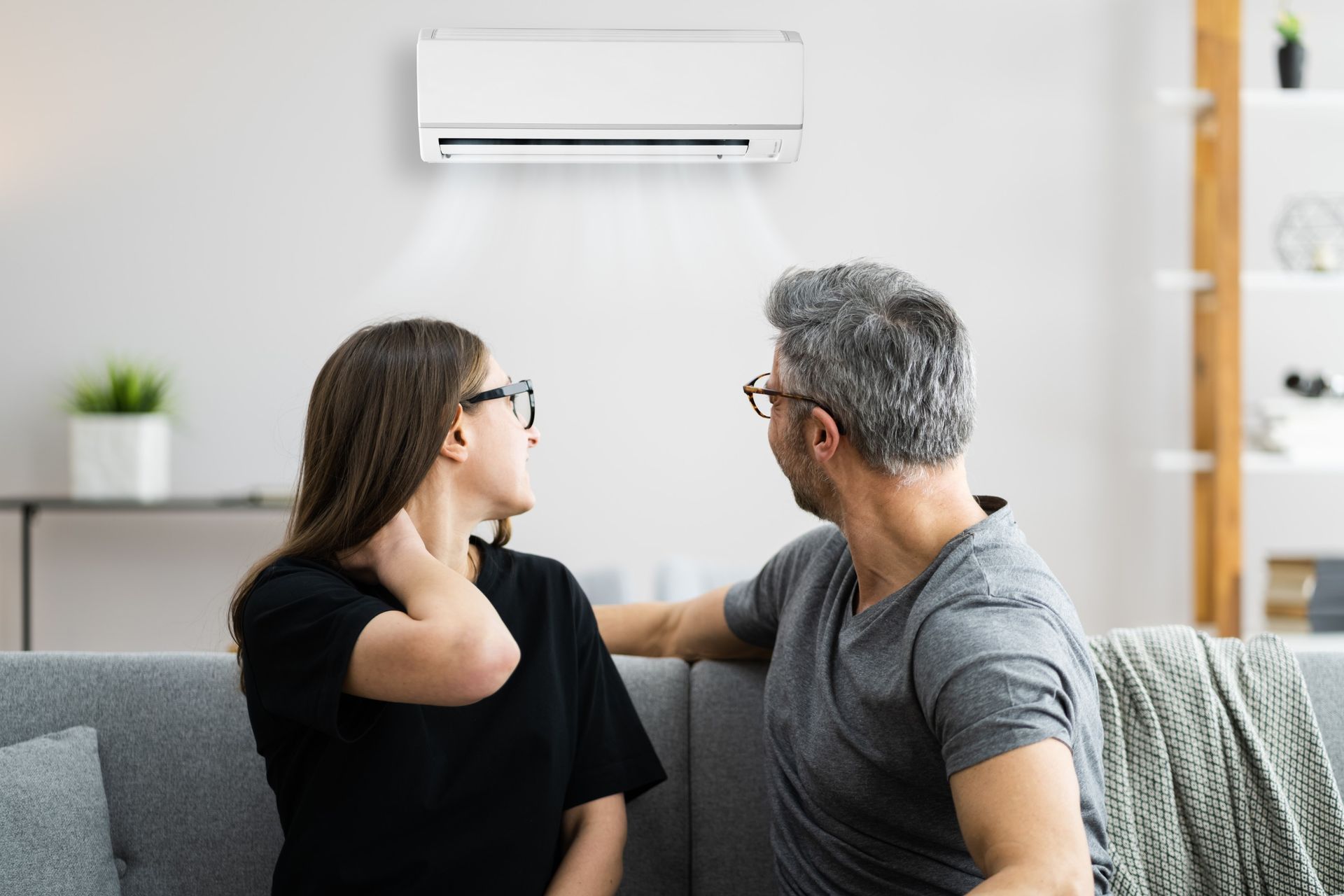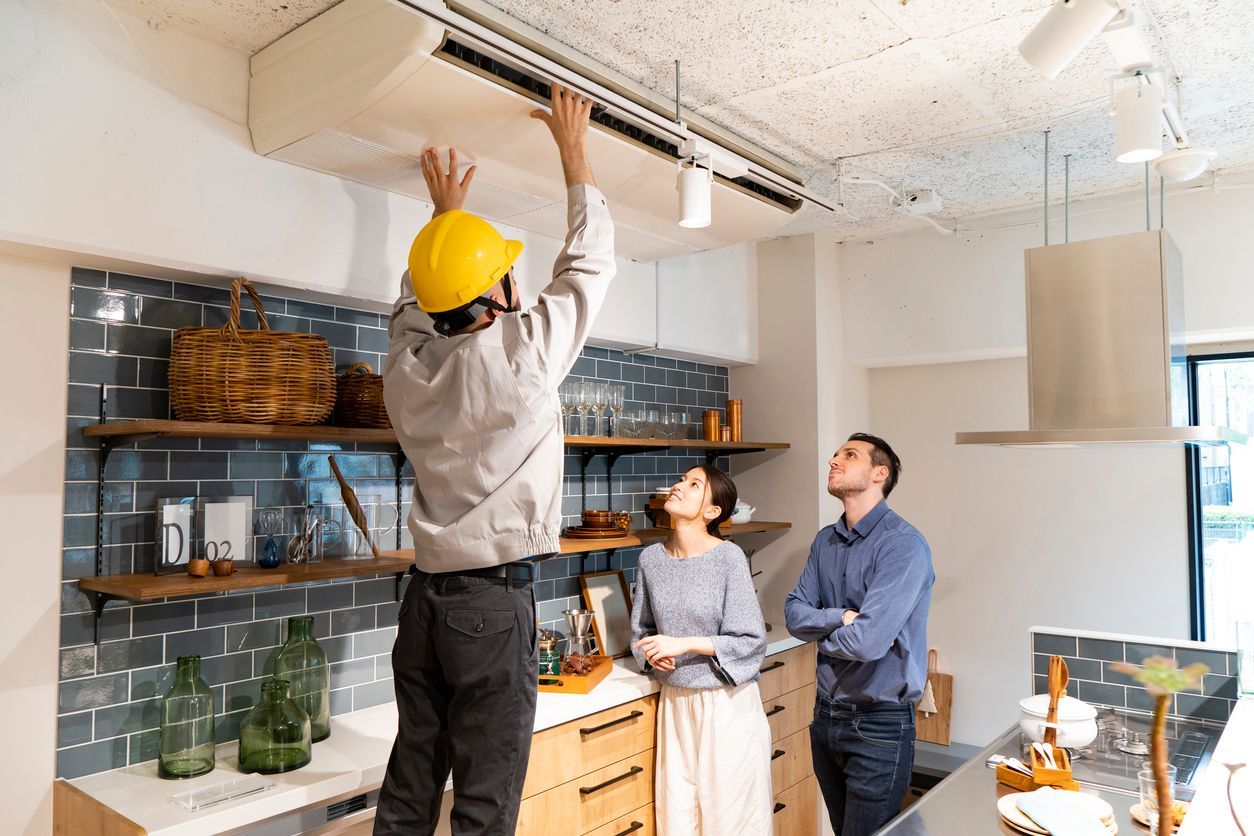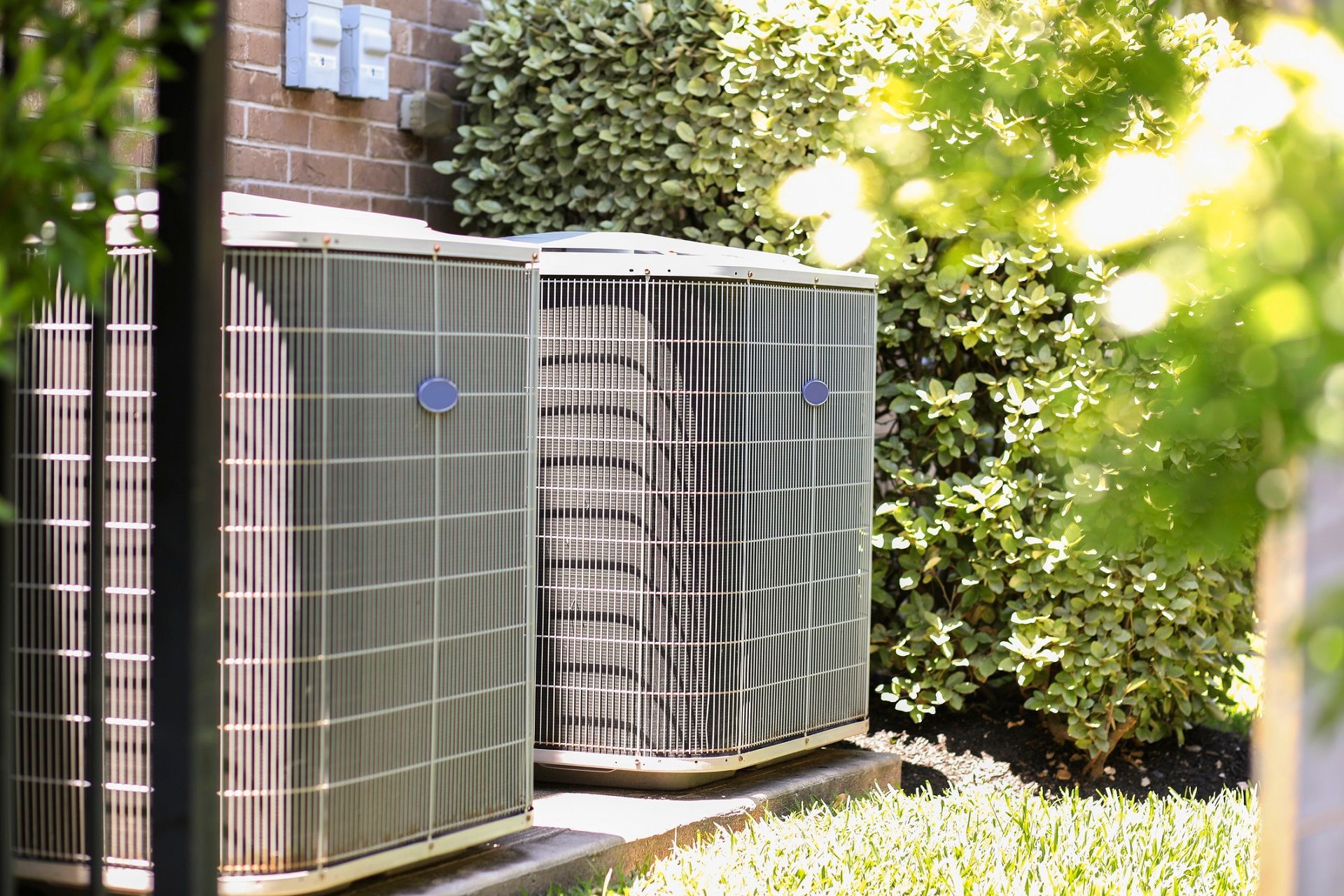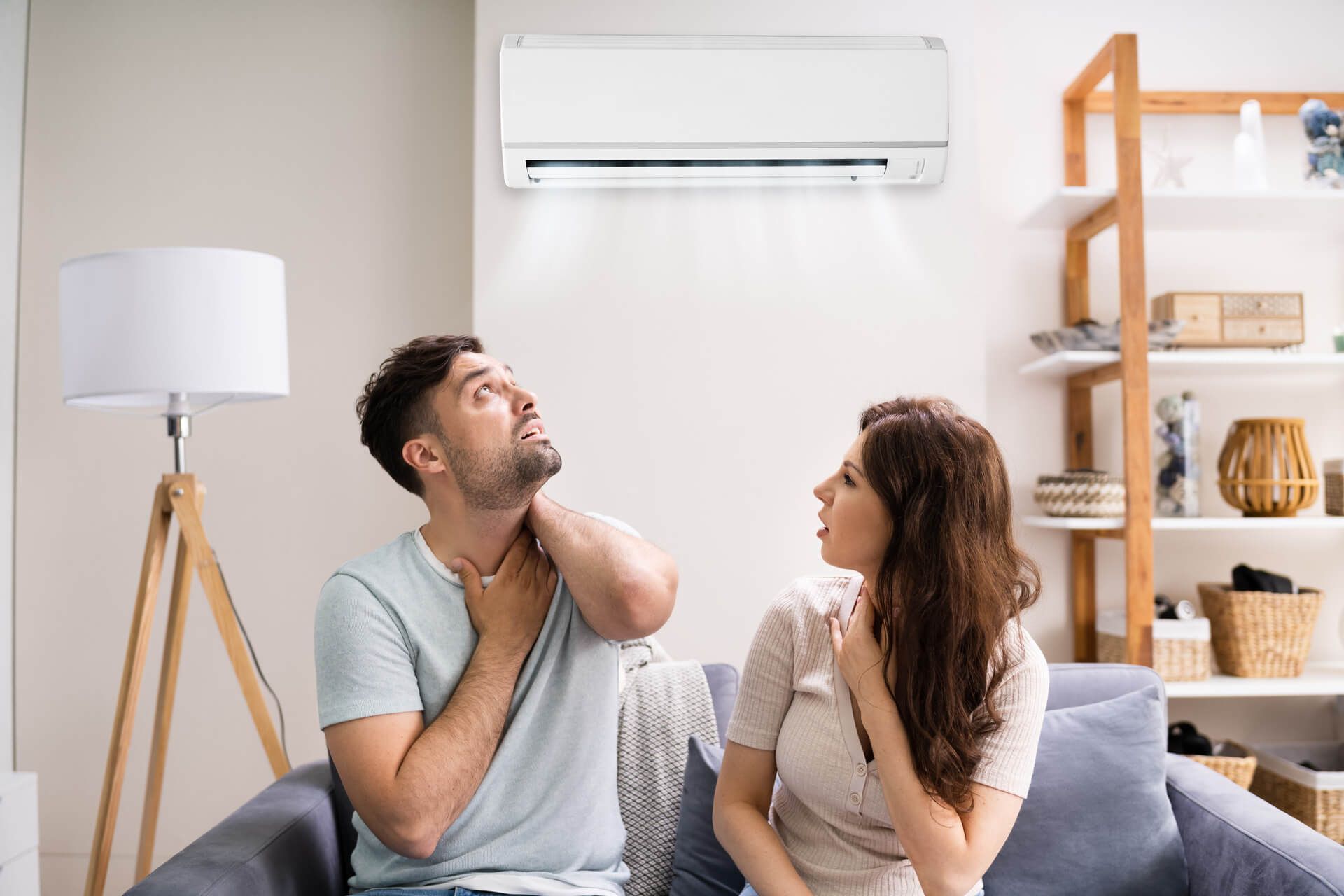Understanding the Lifespan of Your HVAC System
HVAC stands for Heating, Ventilation, and Air Conditioning. It is a system that plays a critical role in maintaining not only a comfortable temperature but also the quality of air in our homes and commercial establishments. HVAC systems include all the equipment used to ventilate, heat, and cool the building; they move the air between indoor and outdoor areas. It involves various components, including air conditioners, furnaces, heat pumps, and ventilation systems, to provide a complete solution for all seasons.
Understanding the lifespan of your HVAC system is crucial for several reasons. Firstly, knowing the expected lifespan can help you plan for a replacement promptly, avoiding sudden breakdowns and uncomfortable living or working conditions. Secondly, it allows you to better gauge and schedule necessary maintenance or repairs, which can significantly extend the system's lifespan. Lastly, understanding the lifespan can be a key factor in deciding whether to repair or replace the system when issues arise.
The lifespan of an HVAC system isn't just a matter of time. It's also heavily influenced by the quality of the initial installation, the thoroughness of ongoing maintenance, and the overall usage patterns. As such, it's important to approach the question of lifespan with the understanding that it's an estimate, not a guarantee.
What is an HVAC System?
An HVAC system, which stands for Heating, Ventilation, and Air Conditioning, is a comprehensive solution designed to regulate the temperature, air quality, and humidity in both residential and commercial spaces. It consists of several components such as heating units (like furnaces or boilers), cooling units (like central air conditioners or heat pumps), and ventilation devices (like air ducts or ventilation fans). These components work in unison to provide a comfortable indoor climate, regardless of the weather conditions outside.
Types of HVAC Systems
There are various types of HVAC systems, each designed to cater to different needs and spaces. The most common types include split systems, which have separate heating and cooling units; hybrid systems, which allow you to switch between gas power for heating and electricity for cooling, offering energy efficiency; duct-free systems, which can be installed in specific areas of a home or building; and packaged heating and air systems, which contain all components in a single unit, often used in smaller spaces.
The Operation of an HVAC System
The operation of an HVAC system is a coordinated process. When the thermostat signals a need for heating or cooling, the furnace or air conditioner kicks in. The air is treated and then circulated through the ventilation system. During this process, pollutants and allergens are filtered out to ensure the air quality indoors remains healthy. The system continues this process until the desired temperature is reached and maintained. Regular maintenance of these systems is crucial for their longevity and efficient operation.
Understanding an HVAC system and its components is the first step in grasping its lifespan. The type of system, its usage, quality of installation, and maintenance schedule all have a significant impact on the system's life expectancy.
Factors Impacting the Lifespan of an HVAC System
The Quality of the HVAC System
Several factors can significantly impact the lifespan of an HVAC system. One of the most important is the quality of the HVAC system itself. The better the design and the higher the quality of the components used, the longer the system is likely to last. Superior quality systems are designed to resist wear and tear, maintain their efficiency for longer periods, and withstand environmental stressors. However, even the highest quality HVAC system won't perform well if it isn't installed correctly.
The Installation Process
The HVAC installation in Vineland and Cumberland County is another critical determinant of an HVAC system lifespan. A well-executed installation ensures that all components of the system are correctly configured and integrated. This ensures optimal performance and reduces the risks of premature failure or damage. Therefore, it's crucial to hire a professional and reputable HVAC installer who understands the intricacies of the system and can ensure that everything is set up correctly.
Maintenance and Repairs
Maintenance and repairs also play a significant role in how long an HVAC system will last. Regular maintenance checks can help detect issues before they become significant problems, which can extend the life of the system. Additionally, prompt repairs when problems do occur can prevent further damage and maintain the efficiency and effectiveness of the system.
The Usage Pattern of the HVAC System
The usage pattern of the HVAC system also impacts its lifespan significantly. Constant use puts more strain on the system, leading to faster wear and tear. On the other hand, occasional use with plenty of downtime allows the system to rest and recover, extending its lifespan.
Climate and Weather Conditions
Finally, climate and weather conditions can affect the lifespan of an HVAC system. Systems in regions with extreme temperatures, high humidity, or frequent storms may experience more stress and degradation than those in milder climates. These factors can lead to a reduced lifespan if not adequately addressed with appropriate design, installation, and maintenance strategies.
Average Lifespan of Key HVAC Components
Air Conditioners
Moving on to specific components of the HVAC system, let's begin with air conditioners. The average lifespan of an air conditioner ranges from 15 to 20 years, provided it is regularly maintained and appropriately used. However, in regions with extreme summer heat, the lifespan might be slightly reduced due to overuse.
Furnaces
Next, we have furnaces. A well-maintained furnace can serve you for about 15 to 30 years. The variance in the lifespan is mainly due to the type of furnace – a gas furnace tends to last about 20 years, while an electric furnace can make it to 30 years. The lifespan of a furnace is also influenced by the quality of the installation and the frequency and quality of maintenance services.
Heat Pumps
Turning our attention to heat pumps, these systems typically last about 10 to 15 years. However, in milder climates, where the heat pump does not have to work as hard, the lifespan can extend up to 20 years. Regular servicing is also key to maintaining the efficiency and longevity of the heat pump.
Boilers
Boilers, on the other hand, have quite an impressive lifespan. A well-installed and regularly maintained boiler can last anywhere from 15 to 30 years. The lifespan of boilers depends on the type of boiler, the quality of the installation, and the maintenance routine.
Thermostats
Finally, we come to thermostats. The lifespan of a thermostat is usually between 10 to 20 years. However, with the advent of smart thermostats, it's common for homeowners to upgrade their thermostats before the end of their lifespan for the added benefits of energy efficiency and convenience.
Signs Your HVAC System May Need Replacement
Sudden Increase in Energy Bills
While understanding the lifespan of your HVAC system is essential, it's equally important to recognize signs that suggest your system may be nearing its end. One of the most common signs is a sudden increase in energy bills. If your HVAC system is aging or malfunctioning, it's likely to work harder than usual to maintain desired temperatures, leading to higher energy consumption and, consequently, elevated energy costs.
The Need for Frequent Repairs
Another telltale sign is the need for frequent repairs. Like any other machine, your HVAC system will require occasional maintenance and repair. However, if you find yourself calling the HVAC technician more frequently than before, it's a clear indication that your system is on its last leg. Repairs are part and parcel of HVAC ownership, but when they become a regular occurrence, it might be more cost-effective to replace the system.
Inconsistent Temperatures
Inconsistent temperatures throughout your home can also signal a problem. If some rooms are too cold while others are exceptionally warm, it could be due to poor distribution of air by your HVAC system. This inconsistency often indicates a failing system that needs replacement.
Poor Air Quality
Poor air quality is another red flag. An efficient HVAC system does more than just heat or cool your home; it also contributes to maintaining good indoor air quality. If you notice an increase in dust, humidity, or musty odors, it could be a sign that your HVAC system is no longer effectively filtering the air.
The Age of the System Itself
Lastly, the age of the system itself is a determining factor. If your system is approaching or has surpassed its estimated lifespan (typically 10 to 30 years, depending on the component), it's time to consider a replacement. Remember, an older system, even with regular maintenance, is more likely to break down and operate less efficiently.
By paying attention to these signs, you can make an informed decision about whether to repair or replace your HVAC system, potentially saving you time, money, and discomfort in the long run.
Tips to Increase the Lifespan of Your HVAC System
While your HVAC system is not designed to last forever, there are several measures that you can take to increase its lifespan and maintain its efficiency.
Regular Maintenance
The first and most important tip is regular maintenance of your system. It's advisable to schedule maintenance sessions at least twice a year, typically during spring and fall, to ensure your system runs smoothly throughout the year. Regular maintenance not only enhances the longevity of your HVAC system but also ensures it performs at its peak, leading to lower energy bills.
Changing your HVAC Filters Regularly
Another important tip to consider is changing your HVAC filters regularly. A dirty filter can cause your system to work harder than necessary, leading to increased energy consumption and potentially shortening its lifespan. Ideally, filters should be changed every 30-90 days depending on the type of filter and the level of use.
Keeping Your System Clean
Keeping your system clean is another crucial factor in prolonging its lifespan. This involves removing any debris from the external components of your HVAC system, such as the outdoor unit, and ensuring that internal components like the evaporator coil are free of dust and dirt. This can help your system function more efficiently, reducing the risk of breakdowns.
Professional Inspections
Moreover, professional inspections are an integral part of maintaining an HVAC system's longevity. An HVAC professional can identify and rectify potential issues before they escalate, leading to costly repairs or even system replacement. These inspections can also help to ensure your system is operating safely, thus protecting your home and family.
Efficient Usage of Your HVAC System
Lastly, efficient usage of your HVAC system also contributes to its lifespan. This includes adjusting the thermostat settings when you're not at home, using ceiling fans to assist in air circulation, and closing curtains or blinds during peak sunlight hours to reduce the cooling load on your system. By following these tips, you can potentially extend the lifespan of your HVAC system, leading to savings in both energy costs and potential replacement expenses.
Conclusion
In conclusion, understanding the lifespan of your HVAC system is a critical aspect of home management. It not only saves you the trouble of dealing with unexpected breakdowns and costly repairs but also ensures you get the most out of your investment. Your HVAC system is responsible for maintaining a comfortable environment in your home, and its longevity directly impacts the comfort and quality of life of your household.
The lifespan of an HVAC system is not set in stone. It can be significantly extended beyond the average 15-20 years with the proper care and handling. As we've explored in this article, the key to increasing the lifespan of your HVAC system lies in regular maintenance, changing filters frequently, keeping the system clean, scheduling professional inspections, and using the system efficiently.
The importance of regular maintenance and professional inspections cannot be overstated. These ensure that your system is functioning optimally, catching any potential issues before they escalate into major problems. Changing filters and keeping the system clean prevents unnecessary strain on the system, maintaining its efficiency and prolonging its life.
Efficient usage is another significant factor in extending your system's lifespan. Simple practices like adjusting your thermostat settings and using ceiling fans can have a profound impact on your system's longevity. These steps, aside from
increasing the lifespan of your HVAC system, can lead to lower energy costs and delay the need for system replacement.
As a final reminder, keep in mind that the lifespan of your HVAC system is a direct reflection of how well you maintain it. By following the key tips provided in this article, you can ensure that your system operates at its best for many years to come. Understanding the lifespan of your HVAC system with D'Amato Plumbing, Heating, and Cooling INC ensures you can maximize efficiency, plan timely upgrades, and maintain optimal comfort in your home or business.
Name, Address, and Phone
D'Amato Plumbing, Heating, and Cooling INC.
1200 West Blvd, Vineland, New Jersey, 08360, US
856-556-3434
Social Media’s
https://www.facebook.com/DAmato-Plumbing-Heating-530817947105755/
